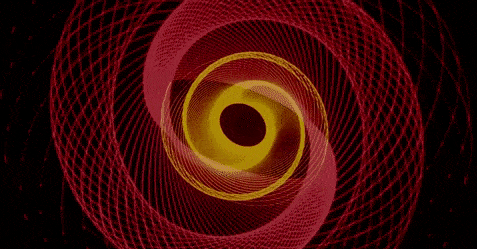
READ MORE: We Have a Creativity Problem (The New York Times)
Creativity is a good thing, right? Even necessary to great entertainment, innovation, and forward-thinking ideas. But the emerging science of implicit bias has revealed that what people say about creativity isn’t necessarily how they feel about it. Research published in March and discussed by The New York Times showed that “we actually harbor an aversion to creators and creativity; subconsciously, we see creativity as noxious and disruptive.”
“People actually have strong associations between the concept of creativity and other negative associations like vomit and poison and agony,” says Jack Goncalo, a business professor at the University of Illinois at Urbana-Champaign and the lead author on the new study.
This implicit bias against creativity can be traced to the fundamentally disruptive nature of novel and original creations. That said, creativity means change without no certainty of receiving the desired outcome.
CRUSHING IT IN THE CREATOR ECONOMY:
The cultural impact a creator has is already surpassing that of traditional media, but there’s still a stark imbalance of power between proprietary platforms and the creators who use them. Discover what it takes to stay ahead of the game with these fresh insights hand-picked from the NAB Amplify archives:
- The Developer’s Role in Building the Creator Economy Is More Important Than You Think
- How Social Platforms Are Attempting to Co-Opt the Creator Economy
- Now There’s a Creator Economy for Enterprise
- The Creator Economy Is in Crisis. Now Let’s Fix It. | Source: Li Jin
- Is the Creator Economy Really a Democratic Utopia Realized?
“We have an implicit belief the status quo is safe,” says Jennifer Mueller, professor of management at the University of San Diego. “People invested in the status quo have plenty of incentive not to change. “Novel ideas have almost no upside for a middle manager. The goal of a middle manager is meeting metrics of an existing paradigm.”
The researchers note that this creates another conundrum. People in uncertain circumstances may benefit from a creative solution, but they’ll have trouble accepting it.
The research paper explored whether creativity bias might affect the kind of employees that employers might hire. Turns out it might — that bias can potentially discourage us from undertaking an innovative project or hiring a creative employee.
“Peoples’ judgments are not captured only by what they say but what they think,” said Melissa Ferguson, a professor of psychology at Yale and an author of the study.
The researchers say it also speaks volumes about who among us gets to be celebrated as creative, and whose work is too stigmatized in its own time to be recognized as a creative contribution.
You can read the full report here.


